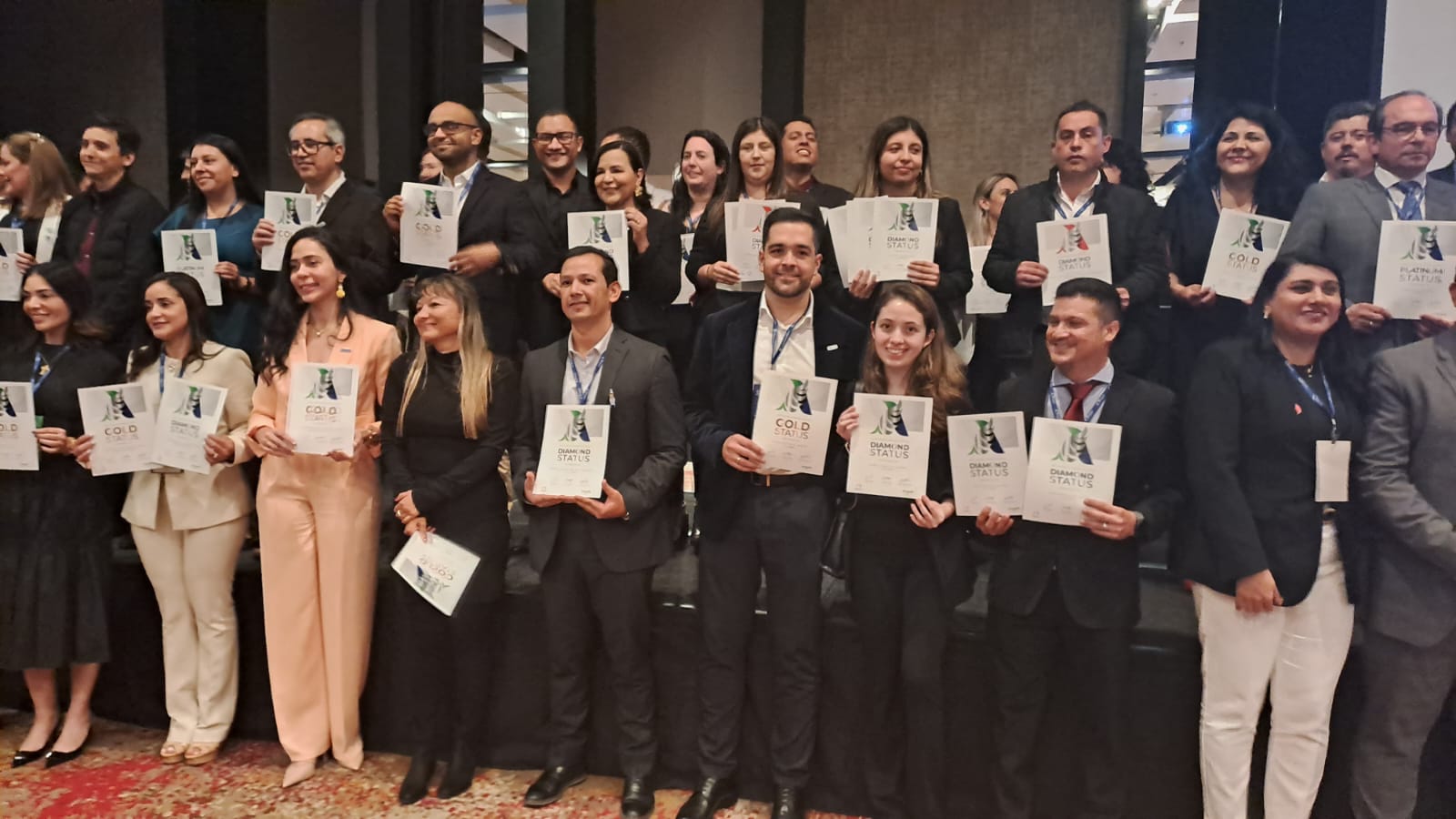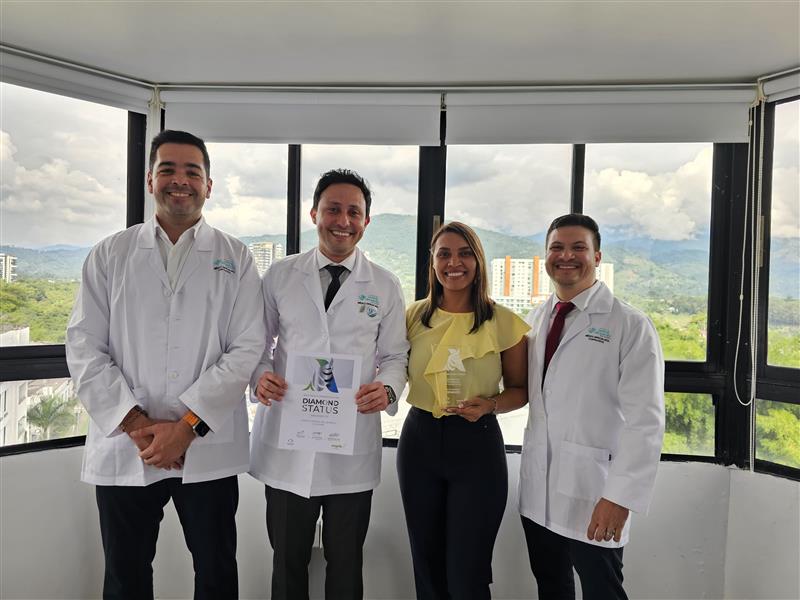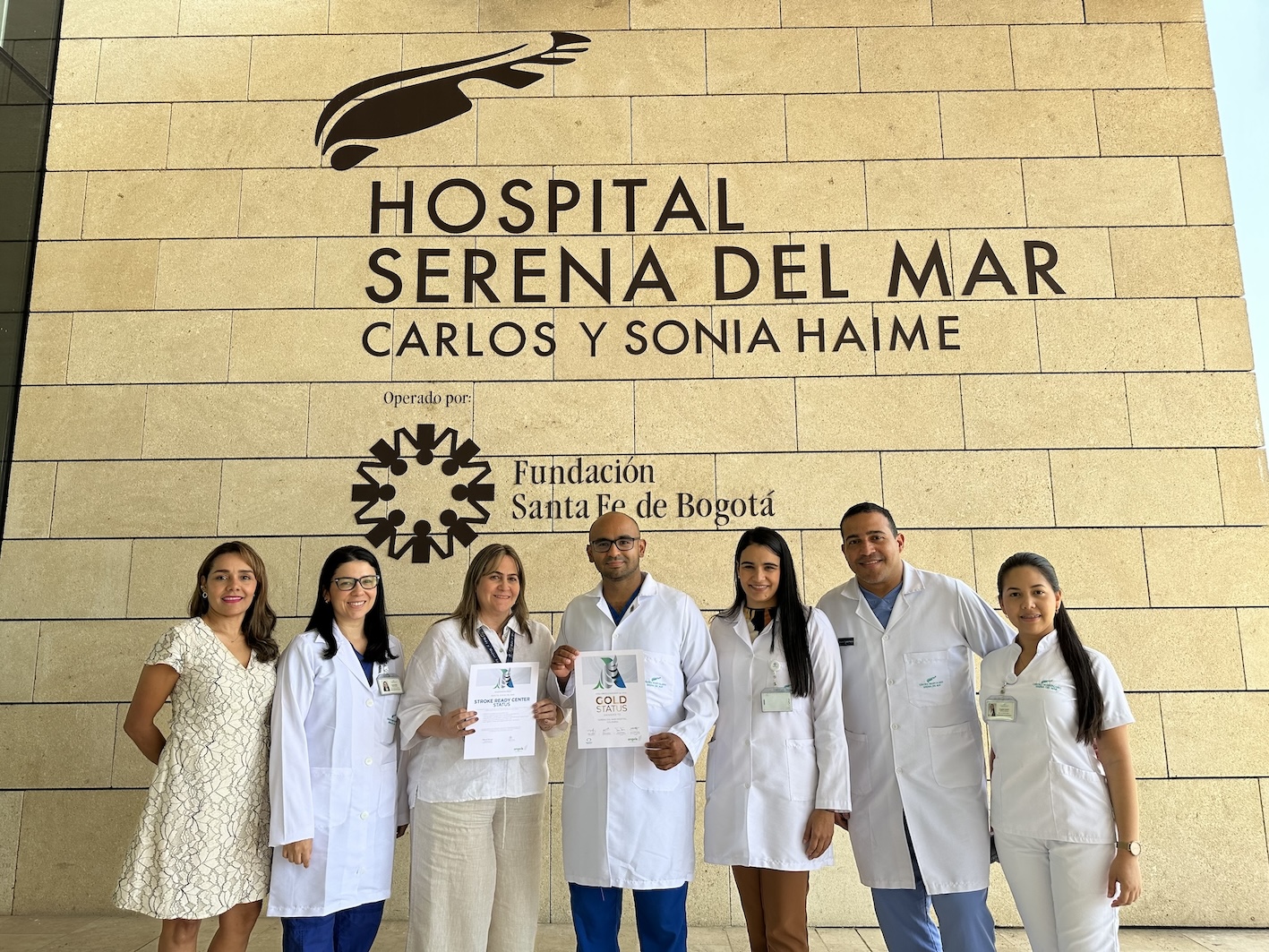You could hear the siren before the ambulance came into view, its emergency lights blinking a warning to other vehicles and passersby as it hurtled through the streets of Ohrid in the direction of the General Hospital on Sirma Vojvoda Street.
Inside the ambulance were Dr Mihail Kicov of the emergency medical service who was attending the patient, and Dr Maja Bozinovska of Special Hospital St Erasmus in the unfamiliar role of concerned relative. Waiting at the emergency entrance for the patient to arrive, was Dr Golube Vasilevska who would “treat” the patient 17 minutes after they arrived.
In the driver’s compartment Angels consultant Maria Sherverdina had to grip the dashboard to stay in her seat.
“They were driving our patient as if it were a real emergency,” she recounts of the first ever stroke simulation to take place in Ohrid, a city located on one of Europe’s oldest and deepest lakes, on the border with Albania. Before the simulation started, she’d given a brief presentation to remind everyone of what they were fighting for – to establish a stroke centre that would serve the 200,000 or so people who live in Ohrid and the nearby lakeside towns of Struga, Debar and Resen.
To understand their strategy for achieving this goal, it helps to think of the mutually beneficial relationship between a bee and a flower, or between a clownfish and an anemone. In nature, symbiotic partnership are formed to solve problems via a collaboration where each enhances the other. The problem of stroke care in Ohrid will likewise be solve through strategic symbiosis between two hospitals with different and complementary sets of resources.
The destination of this high-speed simulation is the General Hospital of Ohrid, a large facility with three neurologists who are prepared to make waves – chief neurologist Dr Monika Petrovski and her colleagues Drs Ksenija Majstorovic and Golube Vasilevska. Despite their extensive skills, until March this year only one stroke patient had undergone thrombolysis at this centre. That treatment was performed by Dr Monika in the cardiology department which is furnished with the necessary monitors and equipment.
A lack of equipment in the neurology department has limited their capacity for treating stroke. This has in turn lead to a further limiting factor – a lack of experience.
The problem will be solved as follows: By pooling resources and expertise, a stroke system is to be established at the General Hospital, not only converting it into a stroke centre but realising its potential for becoming the leading hospital in the region.
An 11-minute car ride away is Ohrid’s Special Hospital for Orthopaedics and Traumatology St Erasmus, the workplace of neurologist Dr Maja Bozinovska. She is a seasoned strokologist, a board member of the Stroke Alliance for Europe (SAFE) and since 2014 the founder and president of STROKE Ohrid, an ESO and SAFE backed local stroke association.
Maria says: “There are many difficulties in Macedonia, one of which is the absence of government support. Stroke is not considered a priority at all, and the frequent changes at government level cause people to lose their hope and motivation. Circumstance dominates. In this context, when you find people who remain willing and won’t stop believing, they are a treasure.
“Dr Maja is that physician who has held on to the dream of every stroke patient having access to treatment – not as a function of circumstance but as the result of a well-established management system.
“The stumbling block is that while her hospital has access to CT and well-trained radiologists, they don’t have the staff to form a stroke team and Dr Maja knows she won’t be able to build a stroke centre on her own.”
The dream needs a team, and that team resides at the General Hospital where with Dr Maja’s support an organised stroke pathway will see the light.
There are two more keys to the success of this enterprise. One is securing the cooperation of the EMS which is easily accomplished thanks to the enthusiastic participation of EMS head Dr Ljupka Nikolovska and her colleague Dr Mihail Kicov.
Next is the influential role of hospital director (of the General Hospital) Dr Asen Shain, whose presence at the initial meeting last November meant that some problems could be solved on the spot. An infusion pump (necessary for the administration of the thrombolytic drug) was immediately obtained.
The project will rely on his sustained support for the acquisition of monitors and POC testing kits that will make good the equipment shortages, and to procure sufficient quantities of the thrombolytic drug.
For the team at the General Hospital receiving a stroke patient within the treatment window but not having the drug with which they can save a life, is unimaginably frustrating. For the patient it is a tragedy.
To address remaining concerns, including inexperience and the challenge of building capacity for a 24-hour service, Maria played a master stroke, inviting Dr Dmytro Lebedynets to address the Ohrid team during an online event in December. Dr Lebedynets is head of the stroke centre at Feofaniya Hospital in Kyiv and steers a group of experts in neurology and neurosurgery in Ukrainian Ministry of Health who over the past five years have made Ukraine an outstanding example of how to build and improve stroke care.
“Dr Dmytro knows all the guidelines better than anyone,” Maria says, “and he has firsthand experience of creating a stroke service from zero. He explained the requirements for stroke unit establishment so they could focus on that as a long-term goal, and shared his own stroke journey including his experience of working with a lack of resources.”
Everything was possible, he said. And after having their questions answered, the Ohrid team were starting to believe it too.
Since the simulation in February, the first patient has already been treated in the neurology department at the General Hospital. The training programme continues with a workshop for nurses conducted by Macedonia’s chief nursing officer, Sr Gordana Dimeska from the capital, Skopje, and presentations by Dr Maja on thrombolysis and the patient pathway.
Quality monitoring will ensure continuous improvement, and both the hospital and the EMS are now submitting their patient data on RES-Q in order to receive feedback and become eligible for an Angels Award.
Symbiosis has helped living creatures innovate and thrive for billions of years. In cities like Ohrid, where doctors have to rely on themselves to provide better outcomes for patients, partnerships between hospitals and a pooling of resources are a source of hope and a signal that everything may indeed be possible.



